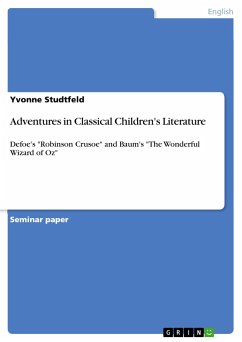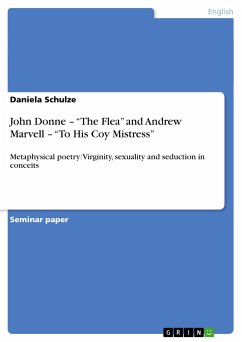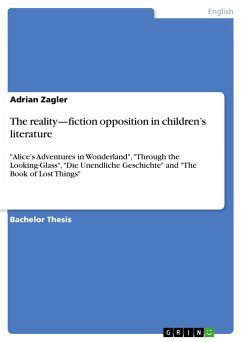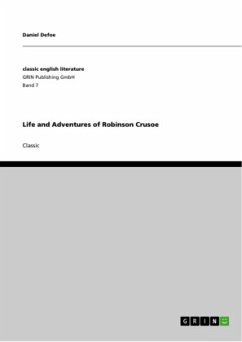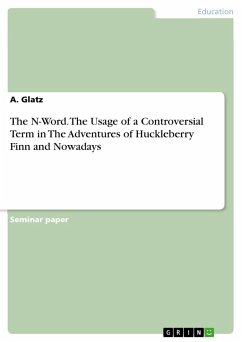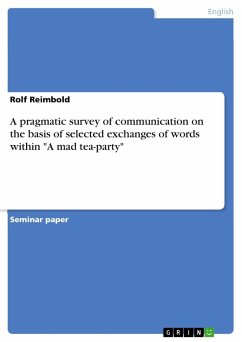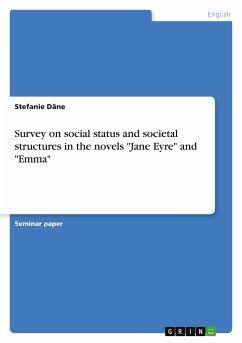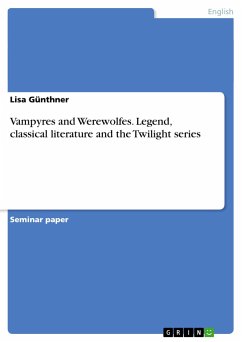Seminar paper from the year 2007 in the subject English Language and Literature Studies - Literature, grade: 1,3, Christian-Albrechts-University of Kiel (Englisches Seminar), course: Literature for Children and Young Adults: Definition and Historical Survey, language: English, abstract: Adventure is one of the most important topics in fictional children's literature. This can easily be demonstrated by the great number of titles that contain the term. There are Twain's The Adventures of Huckleberry Finn, Carroll's Alice's Adventures in Wonderland or Defoe's The Life and Strange Surprizing Adventures of Robinson Crusoe, just to name a few well-known examples. There is even an own literary subgenre devoted to adventure stories. But why are adventures told? What are their functions in children's literature besides pure entertainment? Provided that books of adventure stories are undoubtedly the most favoured among all children's literature, there is surprisingly little specific material available on this topic. In this paper, two works will be examined to help bridging this gap: Daniel Defoe's Robinson Crusoe and L. Frank Baum's The Wonderful Wizard of Oz. This work proceeds in the following way: After a discussion in how far Robinson Crusoe and The Wonderful Wizard of Oz can be regarded as children's literature, problems arising in treating the adventure concept are outlined. Then, the historic development of adventures in children's literature is presented in a general overview. After this, the two works under examination are used to identify functions of adventures in general with special emphasis on children's literature. Last but not least, the hero as central subject to literary adventures is given attention before summing up the results in a final conclusion. The fact that in this paper only two works can be analyzed exemplarily certainly entails a limitation of the functions that can be treated here. Nevertheless, some general functions of children's literature will also be outlined.
Hinweis: Dieser Artikel kann nur an eine deutsche Lieferadresse ausgeliefert werden.
Hinweis: Dieser Artikel kann nur an eine deutsche Lieferadresse ausgeliefert werden.

